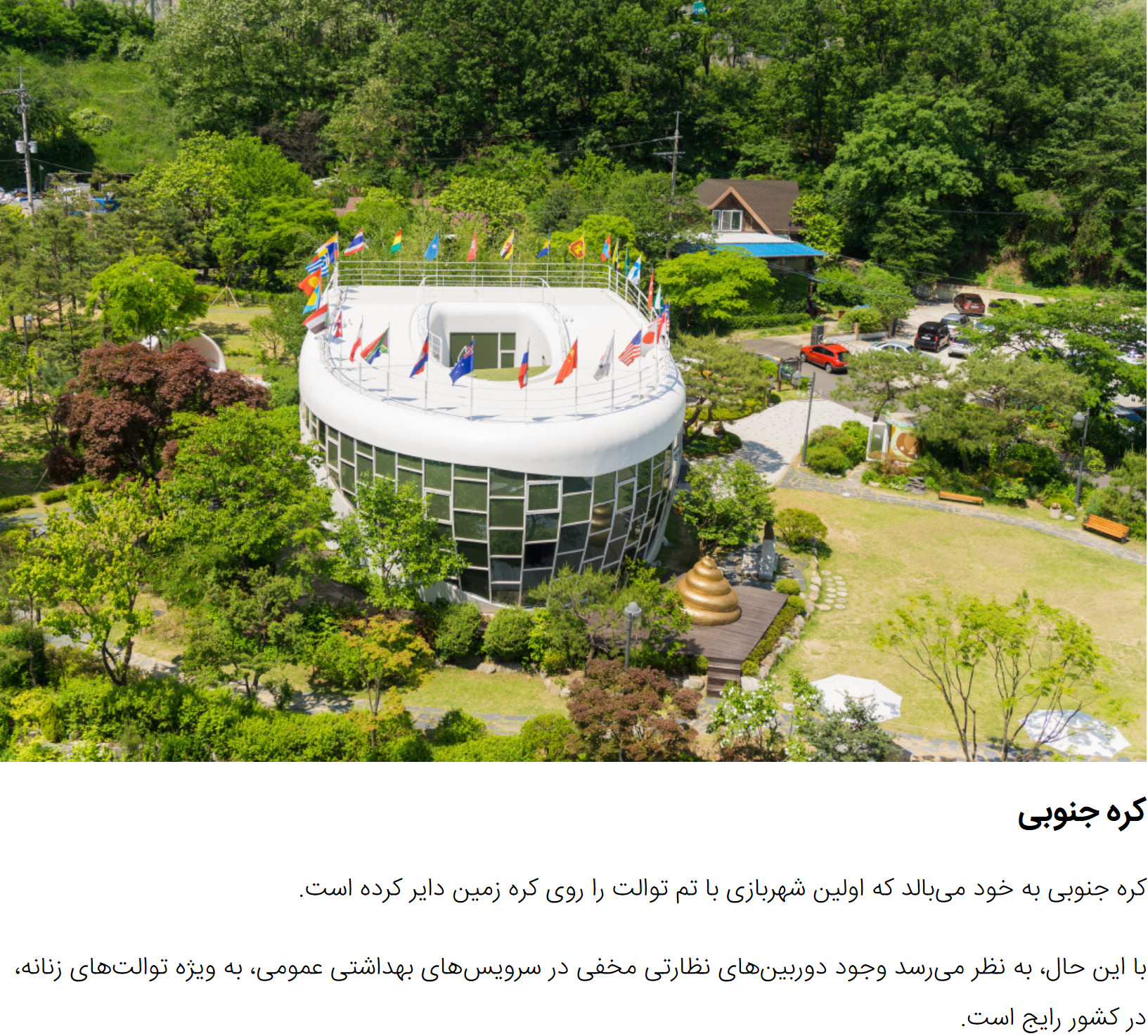The Issue of Hidden Cameras in Public Restrooms in South Korea: Addressing the Rise of Spycam Crimes
South Korea, a country known for its technological advancements and vibrant culture, faces a growing issue that has become a significant societal concern: hidden cameras in public restrooms. Over the past decade, the proliferation of spycam crimes (referred to locally as molka) has led to widespread outrage, particularly among women, as public restrooms, hotels, changing rooms, and other private spaces have become targets for covert surveillance.
This disturbing phenomenon has sparked discussions about privacy, women’s rights, and the impact of technology on personal security in South Korea. The problem has become so pervasive that the South Korean government, law enforcement, and various civil society organizations have launched extensive efforts to combat these crimes. Despite these efforts, the issue persists, raising questions about the effectiveness of current laws and regulations and what more can be done to safeguard public privacy.
In this article, we will explore the causes behind the rise of hidden camera crimes in South Korea, examine the impact on victims and society, and analyze the legal framework and solutions being implemented to address this growing threat. Additionally, we will highlight the role of digital technology, societal pressures, and the challenges faced in the fight against molka.
The Rise of Hidden Camera Crimes in South Korea
In South Korea, the use of spy cameras—tiny, concealed cameras that can be hidden in everyday objects such as clocks, smoke detectors, mirrors, and even toilet paper dispensers—has become alarmingly common. While these devices are legal and available for purchase for legitimate purposes, their misuse has led to an explosion in secretly recorded footage, often involving women in vulnerable situations such as using public restrooms or changing clothes in fitting rooms.

